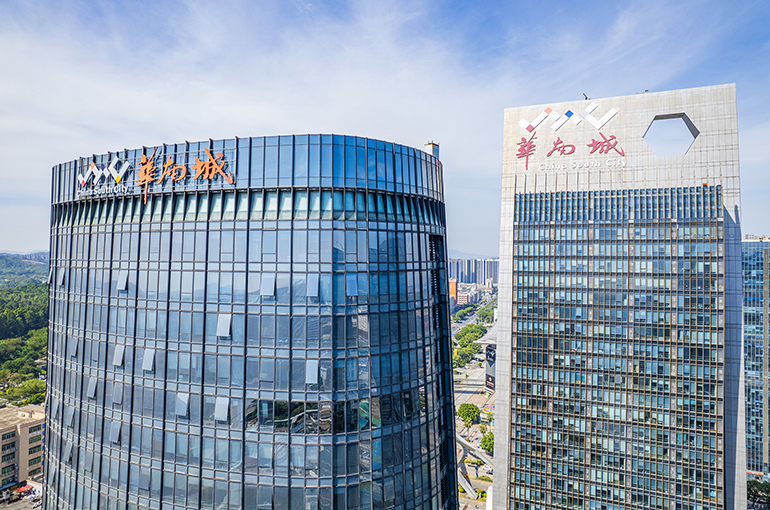 South City Is First Chinese State-Backed Builder Hit With Winding-Up Order Since Property Slump Began
South City Is First Chinese State-Backed Builder Hit With Winding-Up Order Since Property Slump Began(Yicai) Aug. 12 -- China South City has become the first Chinese state-backed developer to be forced into liquidation by court order since the country's property market slump began five years ago.
The Hong Kong High Court has ordered South City to be wound up, with the court-appointed liquidators having already taken full control of its assets, the builder and operator of logistics facilities and commodity trading centers said in a filing yesterday.
Four other Chinese developers have been forced into liquidation since the start of the property market downturn: Sinic Holdings Group, DaFa Properties Group, Jiayuan International Group, and China Evergrande.
South City defaulted on two US dollar bonds in February last year, and then began an offshore debt-restructuring process. But this January, as the company had not yet released any concrete plan, Citibank International, the trustee of the two bonds, filed a winding-up petition with the Hong Kong High Court.
South City is a typical case of when offshore debt restructuring by a Chinese mainland builder remains protracted and unresolved, but the courts intervene to accelerate the winding-up process, Huang Lichong, president of Huisheng International Holdings, told Yicai.
“It reflects both that the developers involved have exhausted cash and that their restructuring proposals failed to win endorsement from key creditors,” Huang noted. “It also shows the courts’ waning tolerance for a debtor’s ‘delaying tactics.’”
“Judicially-led liquidation has been reinforced since the Evergrande case,” Huang pointed out. More bond issuers are expected to face liquidation pressure, especially smaller and mid-sized developers and those with weak refinancing ability or thin collateral, he added.
South City was founded in Hong Kong in 2002. It built its first project in Shenzhen, which was once China's largest cross-border e-commerce industrial cluster. Later, the company expanded to other mainland cities, including Nanning, Xi'an, Zhengzhou, and Chongqing.
In 2021, Shenzhen Special Economic Zone Construction and Development Group, a major infrastructure construction and development company under the city’s government, invested HKD1.9 billion (USD242 million) to become South City's largest shareholder with a 29.3 percent stake. The developer used the proceeds to repay debt.
Since then, SEZ Construction and Development has given South City financial support, including buying some of its assets, providing bridge loans, and helping the builder sign syndicated loan deals with several banks.
But the state-owned shareholder’s rescue measures ultimately failed to alleviate South City’s debt predicament. At the end of last year, the firm’s interest-bearing liabilities totaled HKD30.2 billion (USD3.8 billion), over 60 percent of which were due within a year. Its cash and cash equivalents were just HKD40 million (USD5.1 million).
As a result, the auditors issued a disclaimer of opinion on South City's 2024 financial statement.
Editors: Tang Shihua, Futura Costaglione